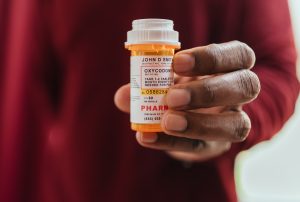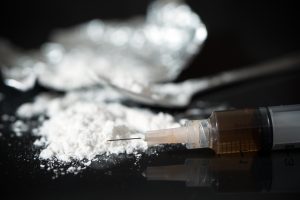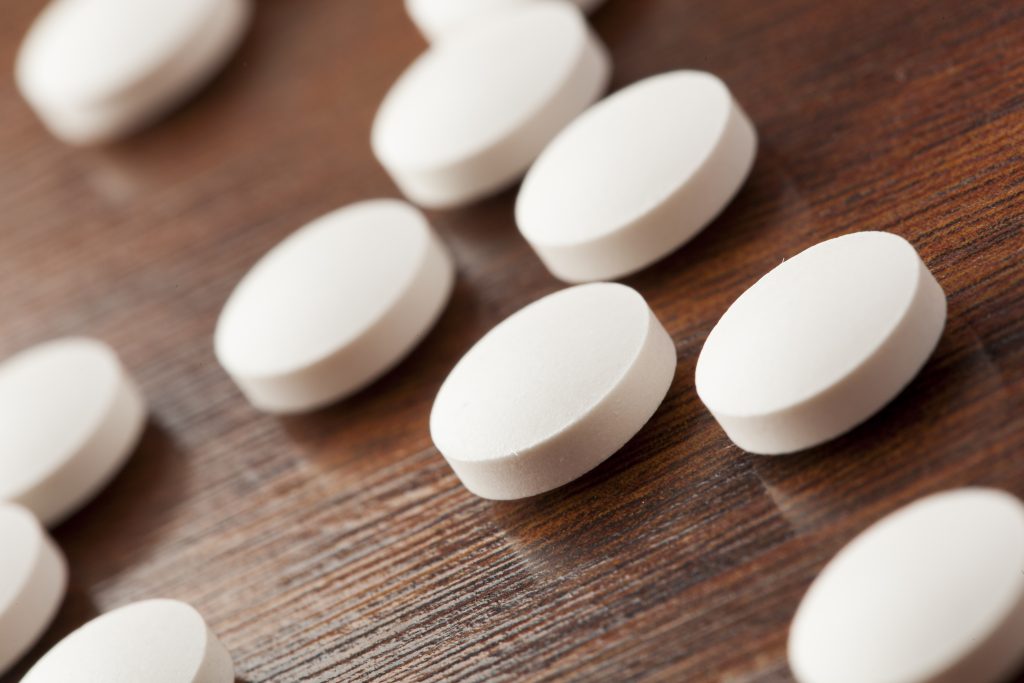What comes to your mind when you think about opioid addiction? You probably see the picture of your loved one who is hopelessly lost and willing to do anything to get some opioid pills to abuse. Is it so?
While many factors contribute to opioid addiction, the road to opioid addiction is usually different for every person. Some people may take some time before they are fully addicted, while others can go from zero to 100 in a relatively short period.
Regardless of how the addiction happened, rehabilitation counselors agree that there are four main stages of opioid addiction. These are: experimentation, social/regular use, risky use, and addiction.
Some people rarely go past the second stage, but a huge chunk of those who start experimenting with prescription opioids develop full-blown addiction.
In this post, we break down the four stages of opioid addiction so that you can learn how to identify signs of addiction and figure out what you can do about it.
Stage 1: Experimentation
Opioid experimentation is usually considered the first stage of addiction. Although it may not lead to full-blown addiction, it can still be harmful.
While drug experimentation is often considered harmless, especially among young people, it is critical to remember that it can lead one to an unknown path. If your teenage son or daughter exhibits certain risk factors for drug addiction, you need to be careful because simple experimentation can lead to severe addiction.
Experimentation among adults usually happens when expanding or changing social groups, relocating, or starting a new work culture that may encourage drug use.

There are two common scenarios where you may be exposed to drugs for experimentation. The first one is where the drugs may be offered to you by someone you know in your social circle. It could be in a party, club, or casual social setting.
The second and most dangerous that has led to the opioid epidemic in the country is where a doctor prescribes the drug to treat a specific condition such as chronic pain. Even though it may seem like a legitimate treatment option, being over-reliant on prescription opioids may push you to addiction.
Stage 2: Regular Use
Regular use presents some sort of satisfaction for many people. While it is true that some people can regularly engage in the use of opioids or other substances without developing addiction, the risk of substance abuse and developing dependence increases massively at this stage.
Regular use also increases the likelihood of participating in high-risk behaviors such as driving while under the influence of drugs (DUI), depression, and emotional volatility.
This is the stage at which you may start noticing massive and sudden changes in the behavior of your loved one. They may start behaving abnormally and exhibiting physical symptoms of opioid overdose.
You might sense a sudden withdrawal from family and friends, problems at work or school, and an increased rate of irritation. Some people may also develop a personal feeling of shame about their behavior but continue to justify their actions.
Stage 3: Risky Use/ Developing Dependence
As an individual begins to use a substance more frequently, they quickly transition to dependence stage. At this point, your body is used to getting the drugs frequently, and you can’t afford to go a day without taking them.
Failure to take the drugs can lead to severe withdrawal symptoms. Over time, you may discover that you need more and more pills to achieve the same effect you used to achieve when you started using the drugs.

Typically, the positive reinforcement experienced in stages 1 and 2 propels you to stage 3. Biologically, repeated exposure to the drug substance causes some individuals to develop hypersensitization. It means that the person will keep on experiencing greater pleasure the next time they use the substance.
Over time, hypersensitization tricks the body into believing that you cannot do without the substance leading to full-blown addiction.
Stage 4: Addiction
The last stage in the opioid addiction cycle is addiction. At this point, you have become fully dependent on the drugs, and you feel like you cannot function normally without taking them. Addiction affects almost every aspect of your life because your primary concern is always where you will get the substance.
Rehabilitation experts say that opioid addiction is a medical disease that affects one’s brain system, memory, and motivation functions.
Some of the evident characteristics of addiction include poor health, poor performance at school or work, withdrawal from friends and family, and engaging in criminal activity.

When addiction progresses from this stage to rehabilitation, it is usually due to the individual hitting rock bottom.
At stage four, the person has reached a point they never imagined they’d reach when they were still experimenting at stage one. Fortunately, if the person can identify their problem and be willing to seek treatment, they can work towards regaining control of their lives.
When Should You See a Doctor?
Anyone who thinks that they have been affected by the opioid use disorder should seek treatment immediately. You are more likely to succeed in your journey to sobriety when you start your treatment earlier.
Typically, you should call a doctor if:
- Your withdrawal symptoms get work.
- You relapse and start using the pain pills again even though you had stopped taking them.
- You are taking a different dose of the withdrawal medication (Suboxone) than what the doctor recommended.
You should also seek immediate help if you discover you are pregnant and are on opioid addiction treatment.
Opioid Addiction Treatment
No matter the stage of addiction you are in, it is critical to seek treatment right away. Keep in mind that opioid addiction is a progressive illness that only worsens if left untreated. Fortunately, opioid addiction is fully treatable.
At CCIWA, we provide an easy and effective way to receive the right information about Suboxone treatment services for opioid use disorder. Contact us today to find a Suboxone doctor near you to help you with your recovery!



